Talk Overview
Polyketide antibiotics include many of the most commonly used antibiotics in medicine today such as erythromycin, rapamycin and avermectin. In Part 1, Dr. Khosla describes the modular enzymes that synthesize these antibiotics, with each module adding to a growing polyketide chain in an assembly-line manner. Using the enzyme 6-deoxyerythronolide B synthase (DEBS) as an example, he walks us through the multiple steps from simple precusor to complex product. Khosla also explains that a vast improvement in DNA sequencing in the past decade has led to the identification of many gene clusters encoding polyketide assembly lines. The products of these assembly lines are not known, however, suggesting that new and possibly useful antibiotics are yet to be discovered.
Many of the polyketide assembly line enzymes are found in unusual bacteria or other organisms. In Part 2, Khosla explains that he and his colleagues have expressed the DNA encoding DEBS in E.coli. When the appropriate precursors and energy sources are added to these modified E.coli, they efficiently produce 6-deoxyerythronolide B. This system facilitates the study of each step of the DEBS assembly line both in vitro, using proteins purified from the system, and in vivo. Using these tools, Khosla and colleagues are able to probe the stereospecificity and side chain specificity of the assembly line. They are also learning how to efficiently rewire individual modules to produce novel polyketide products.
In Part 3, Khosla asks how nature ensures that the product of one module in a polyketide synthesis pathway is passed on to the correct, subsequent module in the pathway? How is it that reactive intermediates are directed vectorially along the assembly line? Khosla explains that vectorial specificity is due to the protein-protein interactions of the faces of the different protein modules in the pathways.
Speaker Bio
Chaitan Khosla
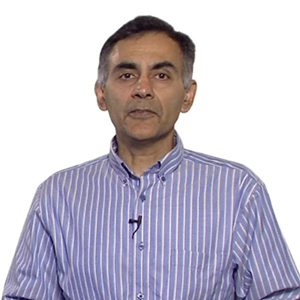
Chaitan Khosla is Professor of Chemical Engineering, Chemistry and Biochemistry at Stanford University. Khosla received his B. Tech from the Indian Institute of Technology, his Ph.D. from the California Institute of Technology and he was a post-doctoral fellow at the John Innes Centre in the U.K. Khosla’s research interests bring together the fields of chemistry… Continue Reading
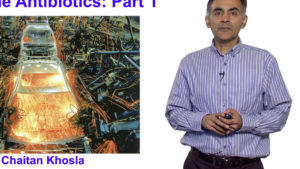
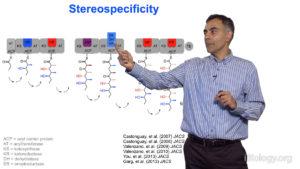
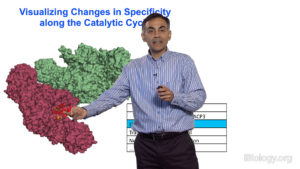
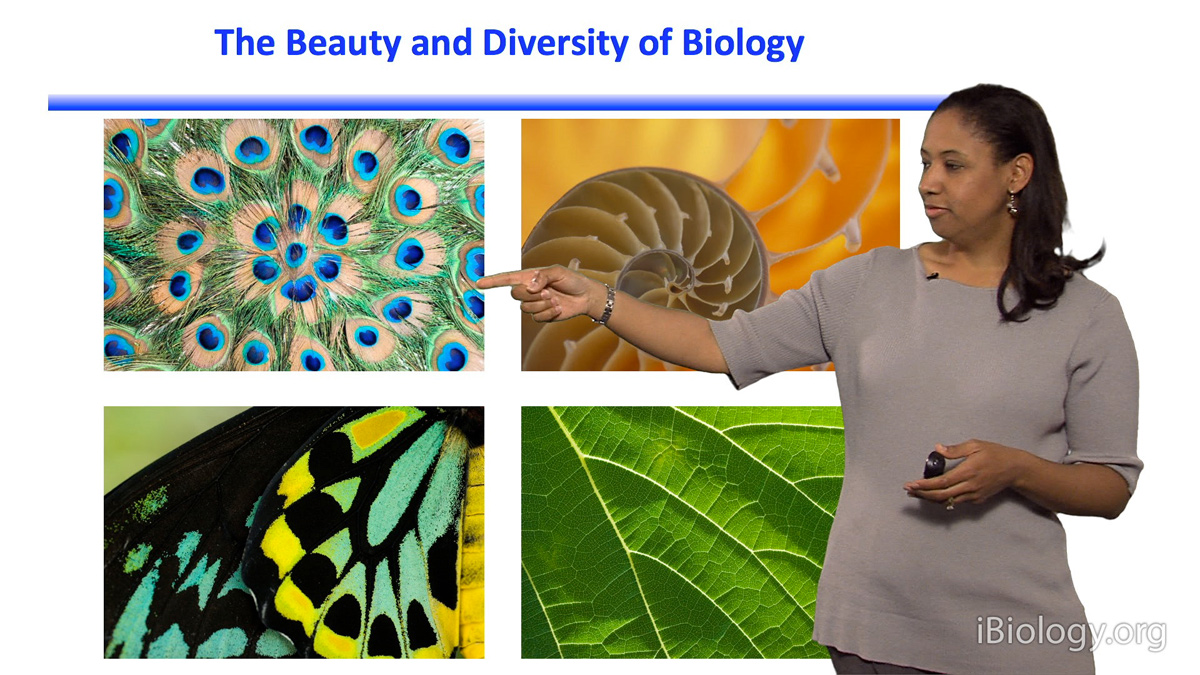
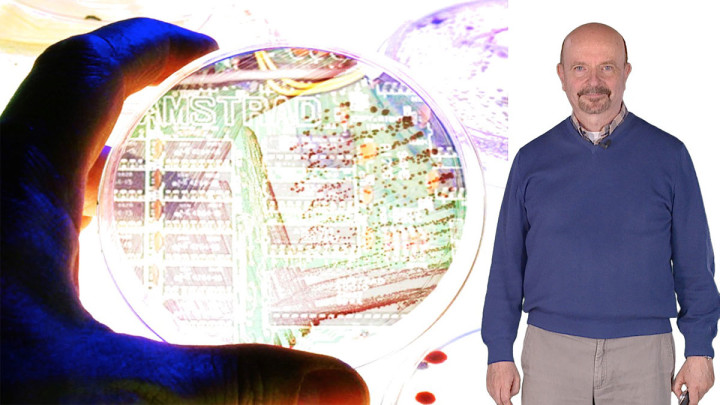
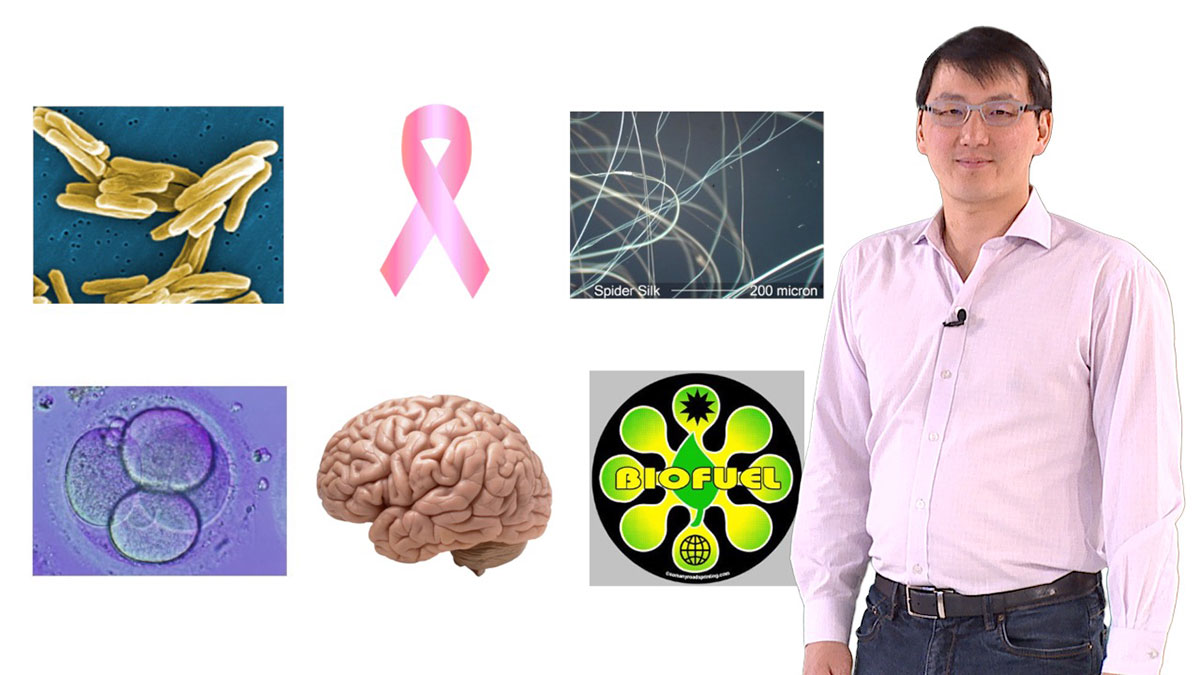
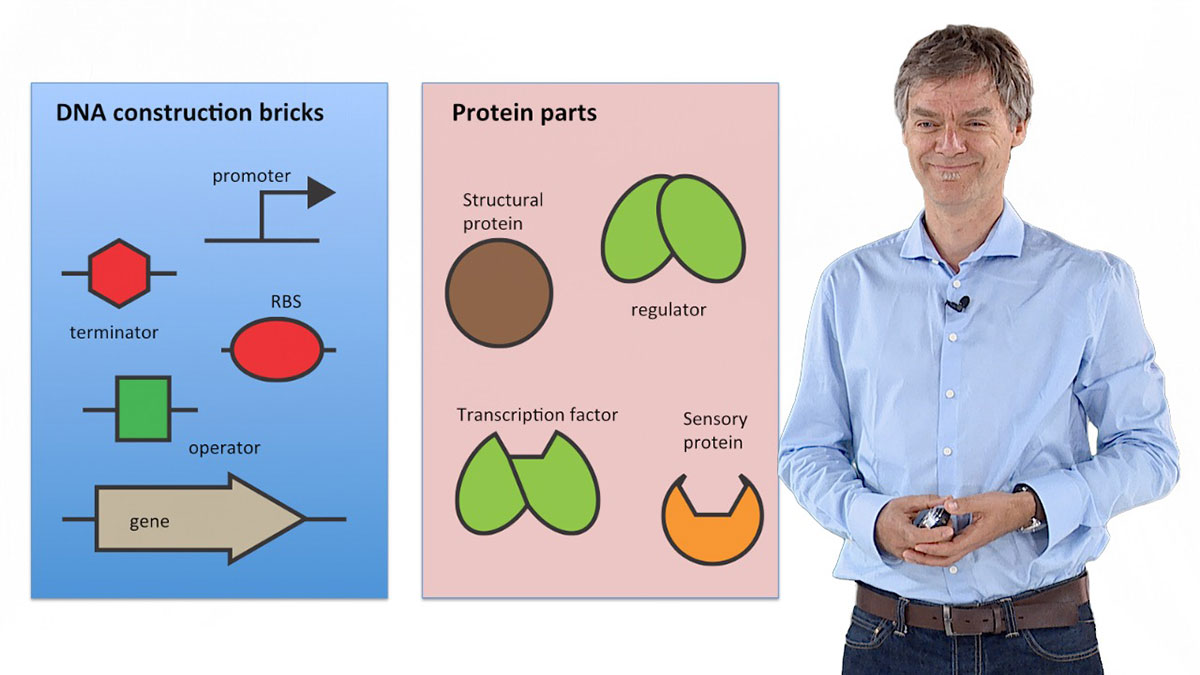





Leave a Reply